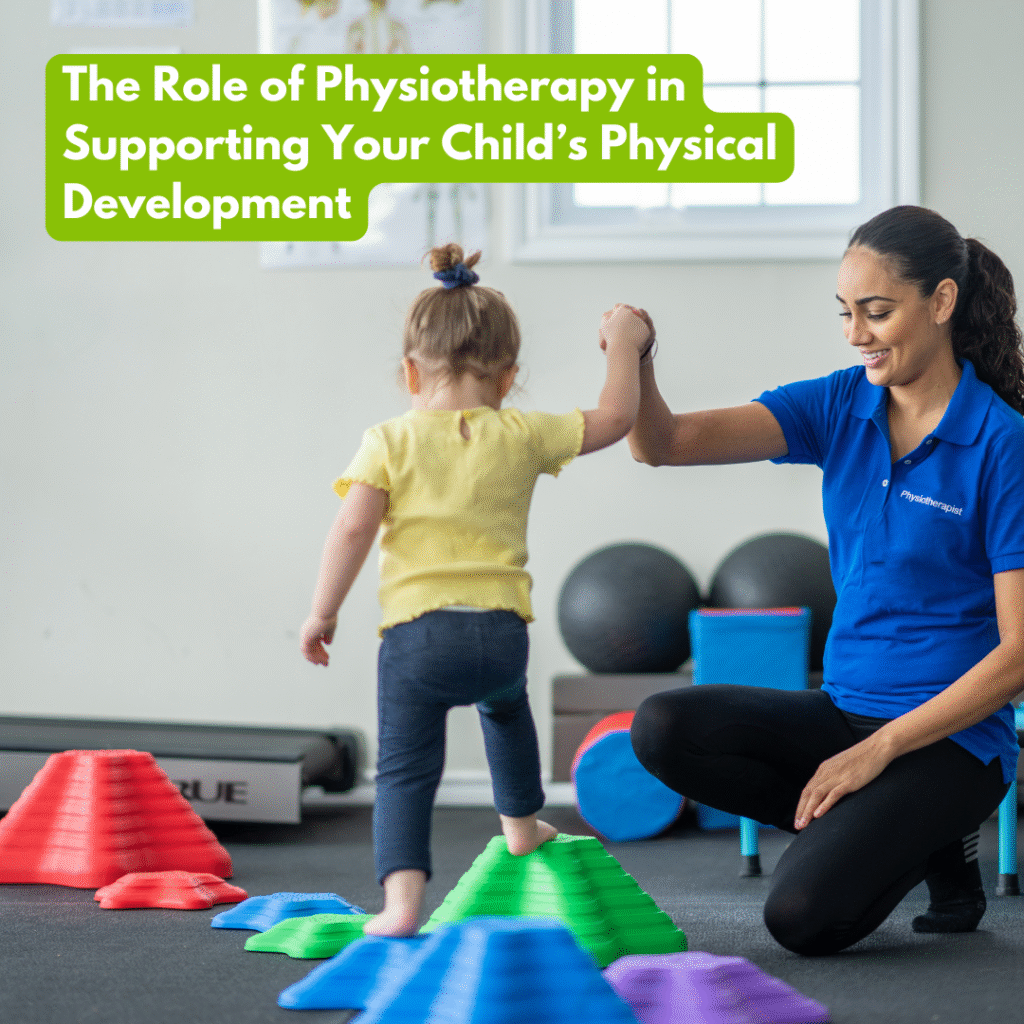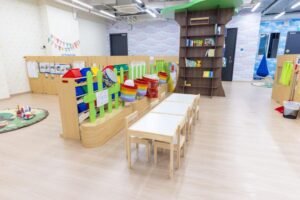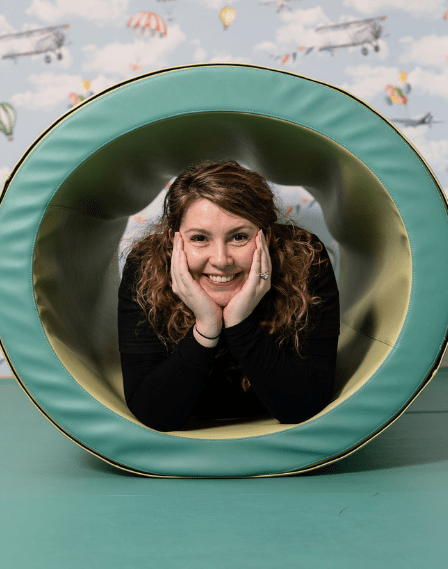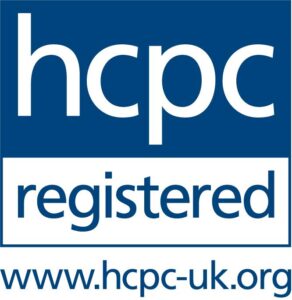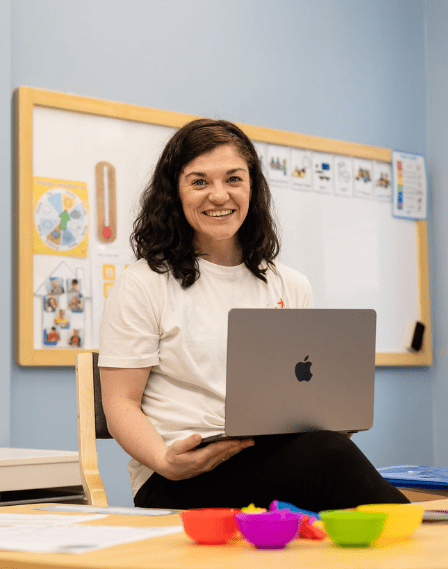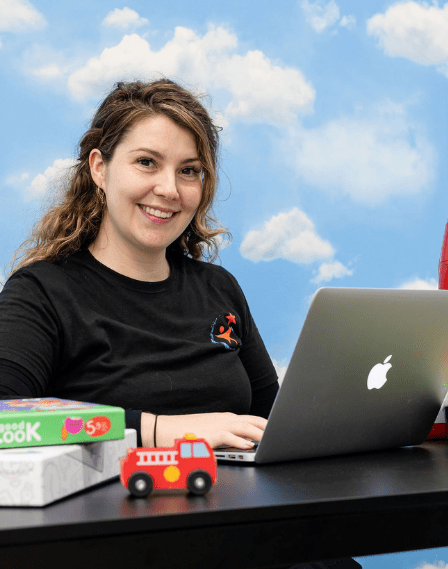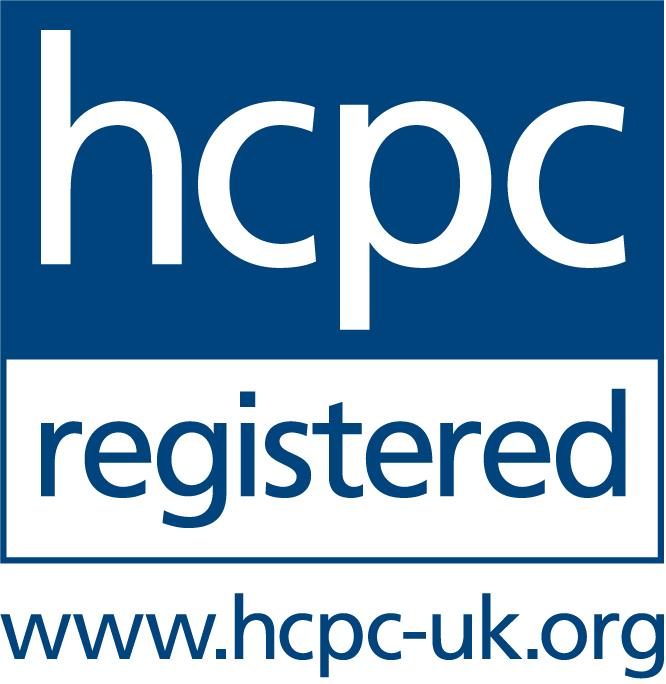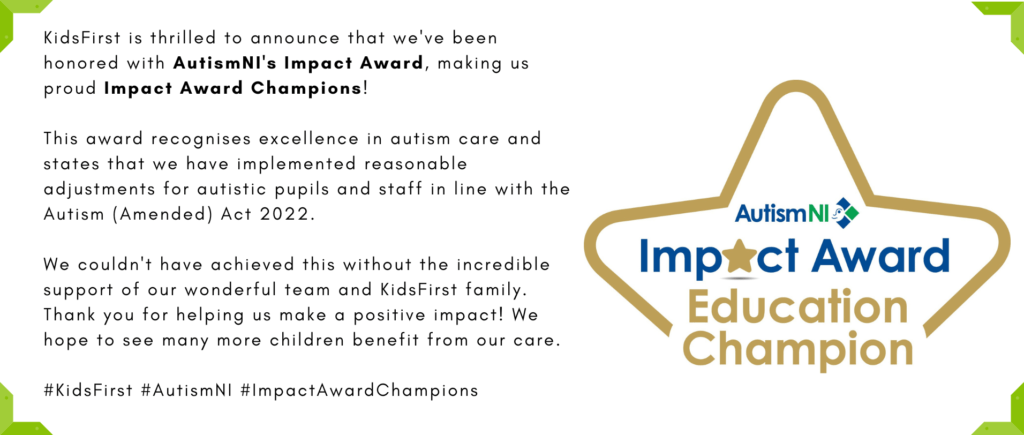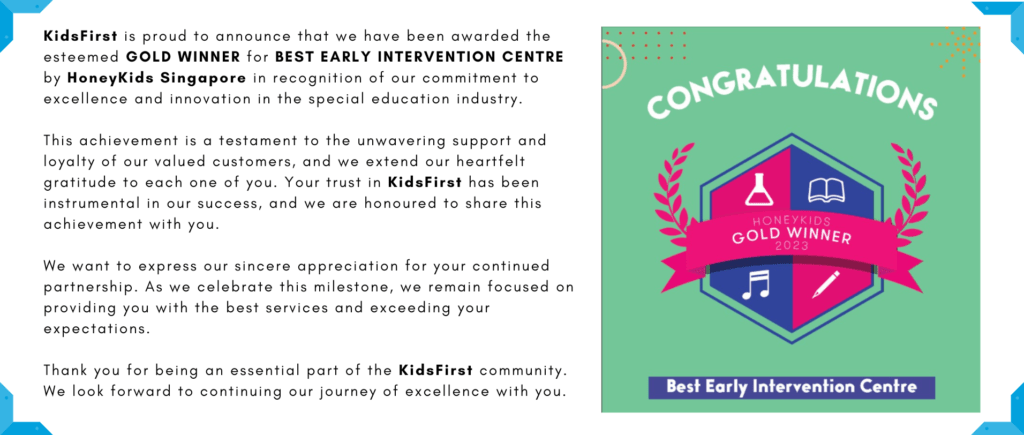As parents, we want our children to grow up strong, healthy, and capable of navigating the world around them with confidence. One crucial aspect of this growth is physical development, which includes everything from balance and coordination to strength and movement. While all children go through their own developmental milestones, some may need extra support to reach their full potential. This is where physiotherapy can play a key role in helping children build the physical skills they need to succeed.
In this article, we’ll explore the importance of physiotherapy in children’s development, how it can benefit your child, and why early intervention makes a world of difference.
What is Physiotherapy?
Physiotherapy is a form of treatment that focuses on improving movement, strength, and coordination through physical exercises, manual techniques, and education. For children, physiotherapy aims to support their physical growth and ensure that they can perform daily activities like playing, walking, running, and even sitting comfortably.
How Physiotherapy Supports Your Child’s Physical Development
Physiotherapy addresses various aspects of physical development, and it can benefit children in the following ways:
- Improving Strength and Coordination
Strong muscles and proper coordination are essential for children to navigate their world confidently. Physiotherapists work with children to improve gross motor skills, such as walking, jumping, and balancing, by targeting key muscles.
For example: A child learning to walk might struggle with balance or feel unsteady. Through targeted exercises, a physiotherapist can help improve muscle strength and coordination, allowing the child to walk with greater ease. - Building Posture and Alignment
Poor posture or muscle imbalances can lead to discomfort or pain, which may affect a child’s daily activities. Physiotherapy helps children correct their posture, improving alignment and reducing the risk of future musculoskeletal problems.
Example: A child may experience discomfort from slumping or rounding their back when sitting at a desk. Physiotherapy can help teach better sitting habits and strengthen muscles to support a more aligned posture. - Developing Fine and Gross Motor Skills
Children develop both fine motor skills (small hand and finger movements) and gross motor skills (larger body movements like walking and running) as they grow. Physiotherapy targets both areas to ensure balanced physical development.
Example: Physiotherapists can help children who struggle with fine motor tasks like writing or tying shoelaces by providing exercises that strengthen hand muscles and improve hand-eye coordination. - Increasing Mobility and Flexibility
Physiotherapy helps children become more flexible and mobile, allowing them to engage in activities like sports, dancing, and physical games without limitations. Increased flexibility also aids in preventing injuries and improving overall movement efficiency.
Example: A child who struggles with stiffness or tight muscles may benefit from stretching and mobility exercises prescribed by a physiotherapist to improve their range of motion. - Recovery from Injury
If a child has suffered an injury, physiotherapy plays a critical role in rehabilitation. It helps them recover by strengthening muscles, improving joint function, and reducing pain. Physiotherapists provide customized exercises to promote healing and ensure a safe return to activities.
Example: After a fall or sprain, physiotherapists can create a recovery plan that helps the child regain mobility and strength safely, ensuring they’re ready to return to normal activities.
Why Physiotherapy is Important for Children
Supports Early Development
The earlier children receive physiotherapy, the better the long-term outcomes. Early intervention helps address developmental delays, motor difficulties, and other physical challenges at a time when children’s bodies are most adaptable.
Improves Confidence
When children have the ability to move with ease and confidence, it positively impacts their self-esteem. Physiotherapy encourages children to challenge themselves in a supportive and non-judgmental environment, allowing them to feel proud of their progress.
Prevents Future Issues
Physiotherapy not only addresses current physical challenges but also prevents future issues. For instance, by improving posture, strength, and coordination early on, children are less likely to experience problems later in life.
When Should You Consider Physiotherapy for Your Child?
It’s always important to keep an eye out for any signs that your child might benefit from physiotherapy. Here are some red flags to watch for:
- Frequent falls or unsteady walking
- Delayed motor milestones, such as sitting, crawling, or walking
- Difficulty with activities like running, jumping, or climbing
- Poor posture or slouching
- Stiffness or difficulty with movement
- Struggles with fine motor skills, like writing or buttoning shirts
If any of these issues sound familiar, it may be time to talk to a physiotherapist for an assessment.
How Can KidsFirst Help?
At KidsFirst, we provide specialized physiotherapy services to support your child’s physical development. Our team of experienced physiotherapists works closely with parents and children to create a personalized plan that targets your child’s unique needs, whether it’s improving motor skills, recovering from an injury, or enhancing mobility.
We integrate physiotherapy with other therapies like occupational therapy and speech therapy, ensuring a holistic approach to your child’s development.
Conclusion: Start Your Child’s Journey to Better Movement Today
Physiotherapy is an essential tool in supporting your child’s physical development. By addressing developmental delays, improving strength and coordination, and helping your child recover from injury, physiotherapy provides the foundation for a healthy, active life.
If you think your child could benefit from physiotherapy, KidsFirst is here to help. Contact us today to learn more about how physiotherapy can support your child’s growth and success!

